
7 Rare Cold Hardy Citrus You Need To Grow!! Cold Hardy Fruit Trees To
Cold Hardy Varieties. Many of Grandpa's cold hardy varieties are really considered antique or heirloom varieties, while others are of the "newer" sort. Grandpa feels that most of these hardy varieties should grow well in Zones 4 or colder, but care needs to be taken in selection, culture, and maintenance, since in the colder zones, cold weather.

List of Cold Hardy Fruit Trees (Gardening Zones 37
6. Tilton. 'Tilton' is a cold hardy variety and grows well in Zones 4-9, needing 600 chill hours, and is self-fertile. 'Tilton' is a late bloomer that will produce a heavy crop late in the summer. 'Tilton' produces large heart-shaped fruits that have golden skin with a red blush, and contain firm, golden flesh.

Care Of Hardy Citrus Growing Citrus Trees In Cold Climates
These cold hardy and resilient fruit trees are known to withstand temperatures down to -30° F / -35° C! These Apple, Cherry, Peach, Plum, Apricot, Nectarine, Pear, Asian Pear, Almond, and Walnut trees can be expected to grow and thrive in climates rated as being within USDA Cold Hardiness Zone 4. These cold hardy and resilient fruit trees are.

Troy Urban Farming Initiative Cold Hardy Fruit Trees for Gardening in
The best fruit trees for USDA Zone 2 include the Siberian Crabapple, Serviceberry, Norland apple, Silver Buffaloberry, Manchurian Apricot, and the Chokecherry variety called the Canada Red Select. These trees are all cold-hardy and can withstand temperatures down to -50 degrees Fahrenheit.
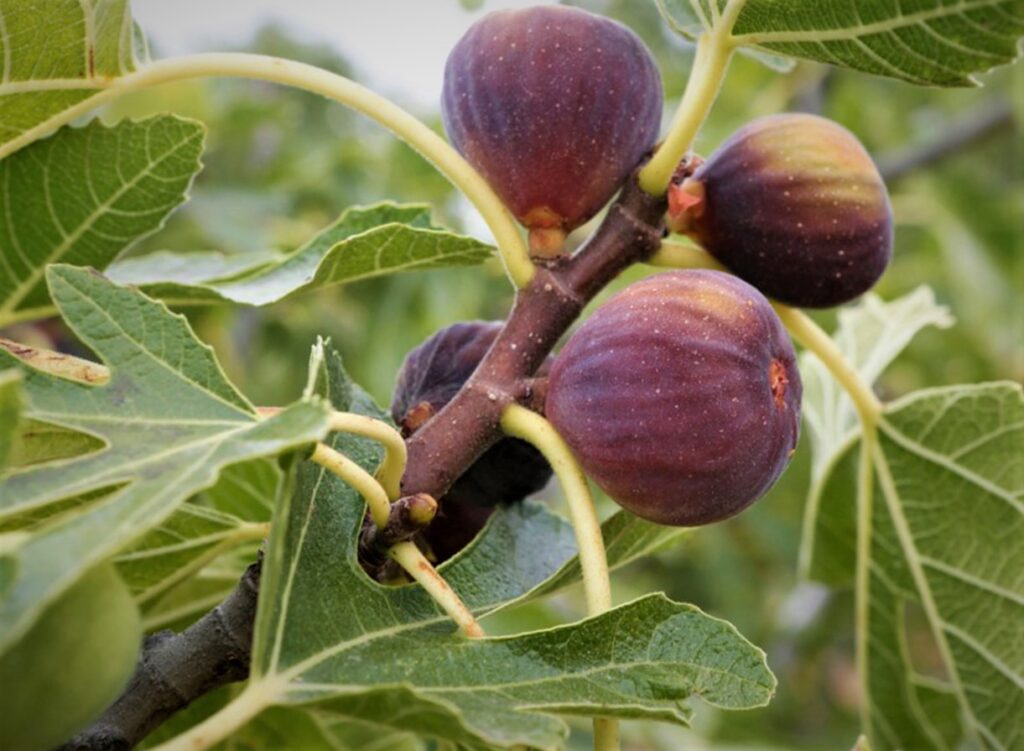
6 Cold Hardy Fruit Trees for North Texas Rooted In (2022)
1. Paw Paw Botanical Name: Asimina triloba USDA Zones: Hardy in zones 5-7 as perennials Hardy To: -15 F or -26 C This cold-hardy, deciduous tree needs 140-160 frost-free days and winter chill. The tree grows up to 12-20 feet tall and prefers slightly acidic, well-draining, moist, fertile soil.

Fruit Trees Canada Minnesota Seasons Canada plum The hardy fruit
The hardiest fruit trees are Apples, Pears, and Plums which survive Zone 3 temperatures (-30 degrees to -40 degrees Fahrenheit). In Zone 4, many varieties of berries, Plums, Persimmons, Cherries, and Apricots do very well. In Zone 5 there are more options such as Peaches, Mulberries, and Paw paws.

List of Cold Hardy Fruit Trees (Gardening Zones 37) 30
Cold Hardy Bare Root Fruit Trees For Harsh Climates Zones 3-6 Learn about growing fruit trees Hey, New Fruit Growers! The 5 Easiest Fruits to Grow to get instant access and Learn about growing fruit trees How big will my trees get? Sizes and suggestions based on orchard/garden area: Dwarf: 8 to 12 feet tall for areas 200 square feet or less

Looking for hardy fruits that grow in cold weather? Look no further
Many winter hardy apple trees can be tough and resilient, surviving temperatures below -20° F (-29° C). In this article, I will talk about winter hardy apple trees and suggest some fantastic varieties that you might want to grow. Growers in cold climates will have greater success if they plant cold hardy apple trees.
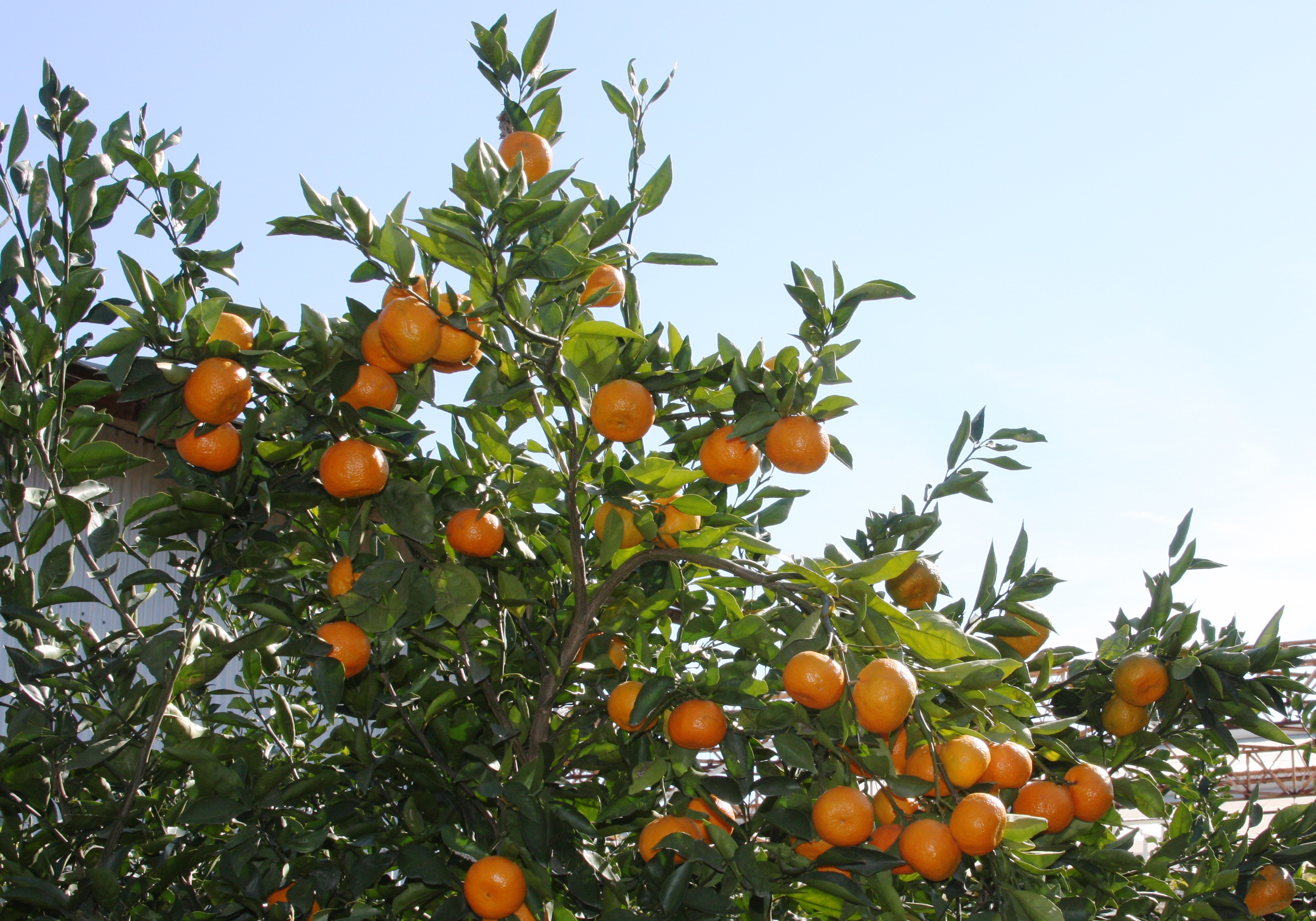
Super cold hardy Satsuma Orange Frost named Texas Superstar AgriLife
A chokecherry refers to a wild growing tree such as P. virginiana that produces bitter fruit. All of the plants here are rated hardy for cold climates, so their chill requirements may prevent them from performing well in warmer areas. If you live in a warmer USDA Zone, make sure to choose your cultivars accordingly.
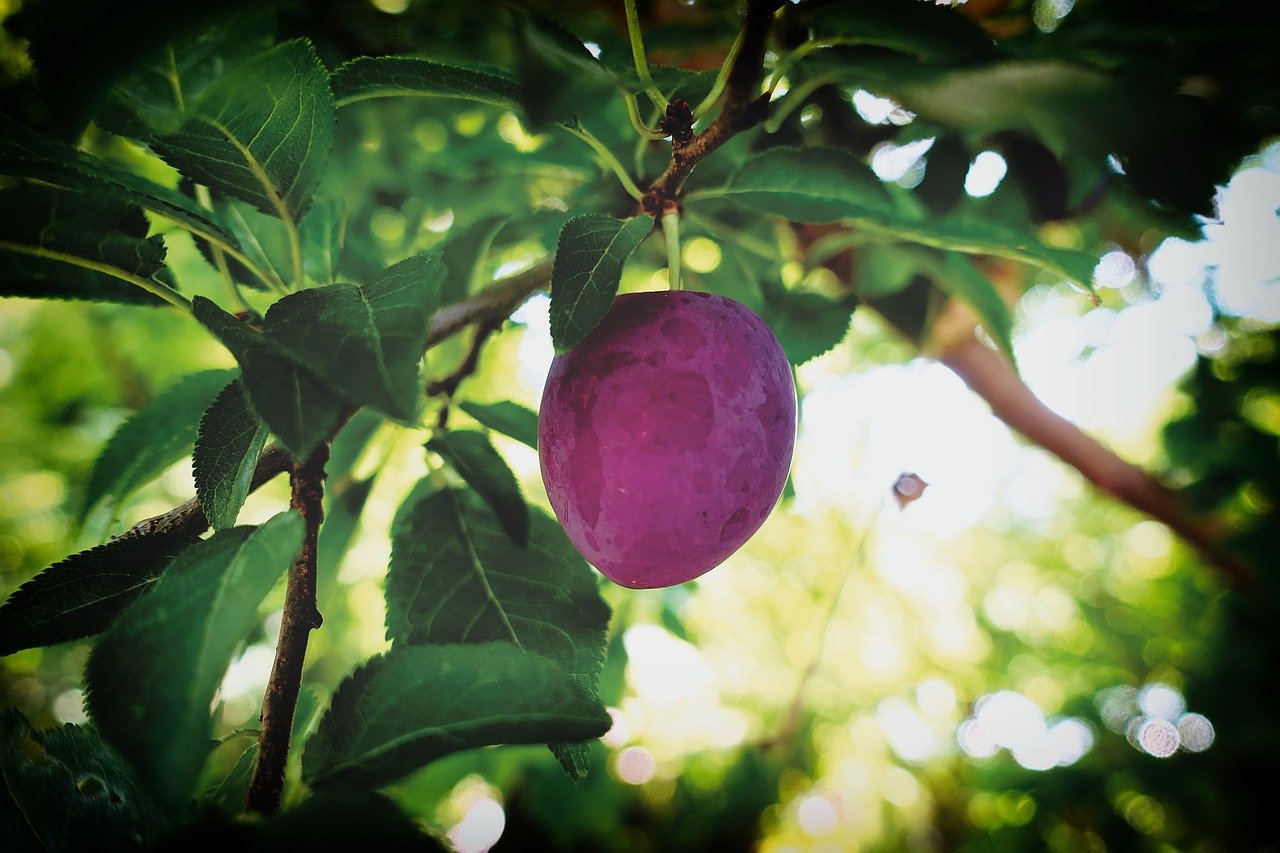
How to Find ColdHardy Fruit Trees
Cold Hardy Fruit Trees For Sale Online 4 5 6 7 8 9 51 products 20% OFF Best Seller 57 Reviews Chicago Hardy Fig Tree from $39 95 from $49 95 33% OFF Best Seller 16 Reviews Cold Hardy Russian Pomegranate Tree from $39 95 from $59 95 23% OFF Best Seller 20 Reviews Hybrid American Chestnut Tree from $49 95 from $59 99 25% OFF 17 Reviews

Hardy Fruit Tree Nursery Organic trees for the cold climate of Canada
Cold hardy fruit trees include apple (Gala, Honeycrisp, McIntosh, & Sweet Sixteen), cherry (English Morello, Meteor, Montmorency, & North Star), pear (Flemish Beauty, Luscious, Max Red Bartlett, & Seckel), and plum (Alderman, Blue Damson, Stanley, & Superior).

List of Cold Hardy Fruit Trees (Gardening Zones 37) 30
COLD HARDINESS: -15° to -20° F POLLINATION: Self-fruitful RIPENING DATE: June-July ROOT STOCK: Myro 29C is well adapted to the challenging soils of North Texas. SPACING: Plant trees 12-15 feet apart FLAVOR OF FRUIT: Super sweet and mellow tartness Buy now! 'Violette de Bordeaux' Fig (Ficus carica 'Violette de Bordeaux') Description:

List of Cold Hardy Fruit Trees (Gardening Zones 37
Hardy Fruit Tree Nursery | Organic trees for the cold climate of Canada Our trees are certified Organic by Ecocert Canada. Organic Many fruit tree cultivars We grow over a hundred different varieties of fruit trees. Cold hardy Our trees are selected for their resistance to Canadian winters. We have varieties hardy up to zone 1. Learn more
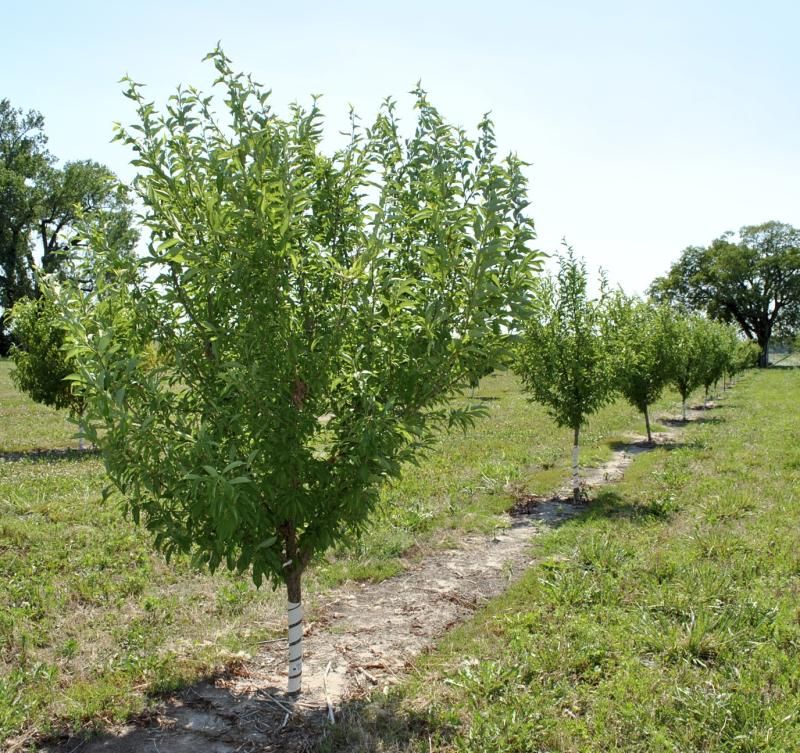
ColdHardy Fruit Tree Assortment Stark Bro's
Cold Hardy: Pear Trees is another hardy fruit when it comes to cold in Hardiness zone 5 Pears are a perfect compliment to apple trees, blooming earlier and bearing fruit earlier in the summer. Heat-Resistant: Pear Trees is not only a great tree that is cold-hardy but also does amazing in droughts, high heat, and humidity. This makes it perfect.

List of Cold Hardy Fruit Trees (Gardening Zones 37) 30
Cold Hardy: Pear Trees is another hardy fruit when it comes to cold in Hardiness Zone 6. Pears are a perfect compliment to apple trees, blooming earlier and bearing fruit earlier in the summer. Heat-Resistant: Pear Trees is not only a great tree that is cold-hardy but also does amazing in droughts, high heat, and humidity. This makes it perfect.
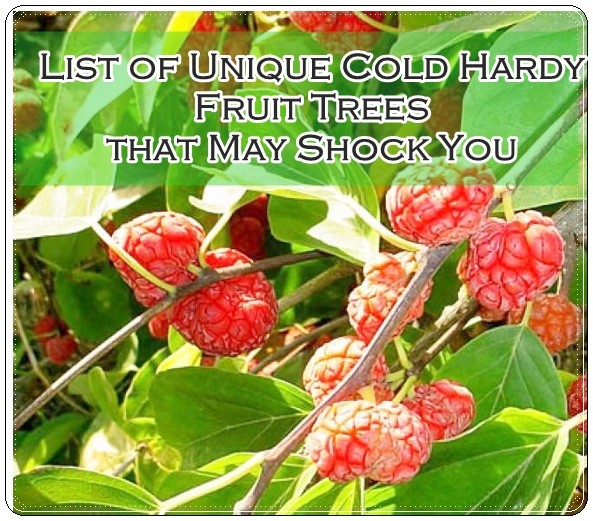
List of Unique Cold Hardy Fruit Trees that May Shock You The
Varieties such as 'Bartlett' and 'Anjou,' are generally hardy down to -20°F (-29°C). Thus they can survive in many cold climate regions. Plum Trees Plum trees are versatile and can tolerate cold climates with proper care. 'Stanley,' 'Methley,' and 'Toka' are well-adapted varieties for cold regions.